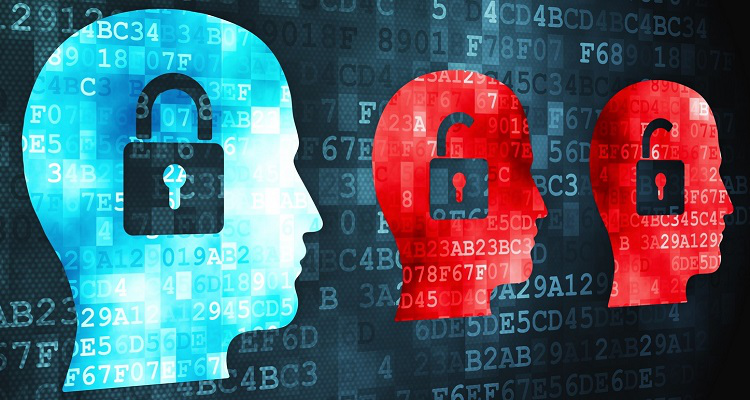
Social media security
Social networks have become an integral part of our lives, offering opportunities for communication, sharing information and entertainment. However, at the same time, they carry certain risks for the security of personal data.
Use complex passwords
The first step to protecting your account is to create a strong password. Use a combination of letters (upper and lower case), numbers and special characters. The password should be long enough, at least 12 characters. Avoid using obvious words and phrases, such as “password” or “123456”.
Tip: Use password managers to generate and store complex passwords. This will help to avoid reusing the same password on different sites.
Two-factor authentication (2FA)
Enabling two-factor authentication adds an extra layer of protection. When logging into your account, you will need not only a password, but also a code sent to your phone or email. This makes it much more difficult for attackers. A similar authentication system occurs in gambling bonver-casino.com, where security is taken to the highest level.
Example: Enable 2FA in the security settings of your social network. Use code generator applications such as Google Authenticator or Authy.
Check your privacy settings
Most social networks allow you to customize the level of privacy of your account. Limit the circle of people who can see your posts, send you messages, or find you by name.
Tip: Regularly check and update your privacy settings. Make sure that your posts are visible only to your friends or subscribers.
Be careful with personal information
Avoid publishing personal information such as address, phone number, date of birth, or bank card details. Attackers can use this information to steal your identity or commit other fraudulent activities.
Example: Instead of providing an exact address, provide only the city. Do not post photos of your documents or tickets with QR codes.

Be careful with friend requests and messages
Do not accept friend requests from strangers and do not click on suspicious links in messages. Fraudsters often create fake accounts to gain access to your information or infect your device with viruses.
Tip: If you receive a message with a suspicious link, do not click it or enter your data. Report the suspicious account to the social network’s support service.
Update your software regularly
Make sure your device has the latest updates for your operating system and social networking applications. Updates often include important security fixes. For example, if you play through the bonver-casino.com application, then when a message appears about the need to update, it is strongly recommended to perform this operation.
Example: Enable automatic software updates on your device to always have the latest versions of applications.
Use antivirus software
Install and regularly update antivirus software on your computer and mobile devices. This will help protect you from viruses, Trojans, and other malware.
Tip: Perform regular system scans for threats and install antivirus extensions for browsers.
Be careful with apps and permissions
Many social networking apps request access to your personal data and device functions. Be careful when granting such permissions and use only trusted apps.
Example: Before installing an app, read its reviews and rating. Decline requests to access your contacts or files unless it is necessary for the app to work. Protecting yourself on social networks requires attention and following a few simple rules.
Create complex passwords, use two-factor authentication, check your privacy settings, and be careful with personal information and suspicious requests. Regularly updating your software and using antivirus software will also help keep your data safe. By following these guidelines, you can reduce the risks and enjoy social media without fear.
